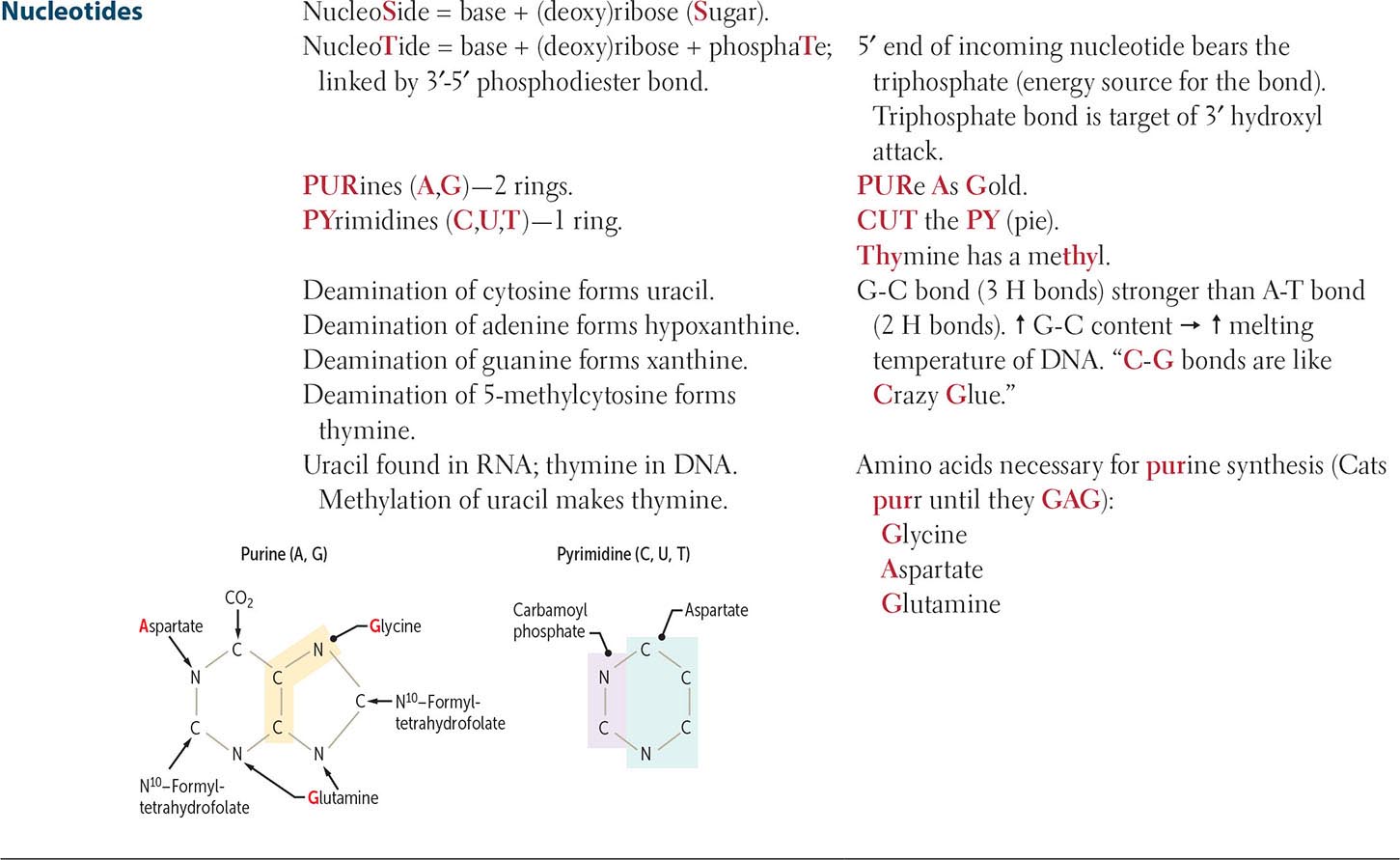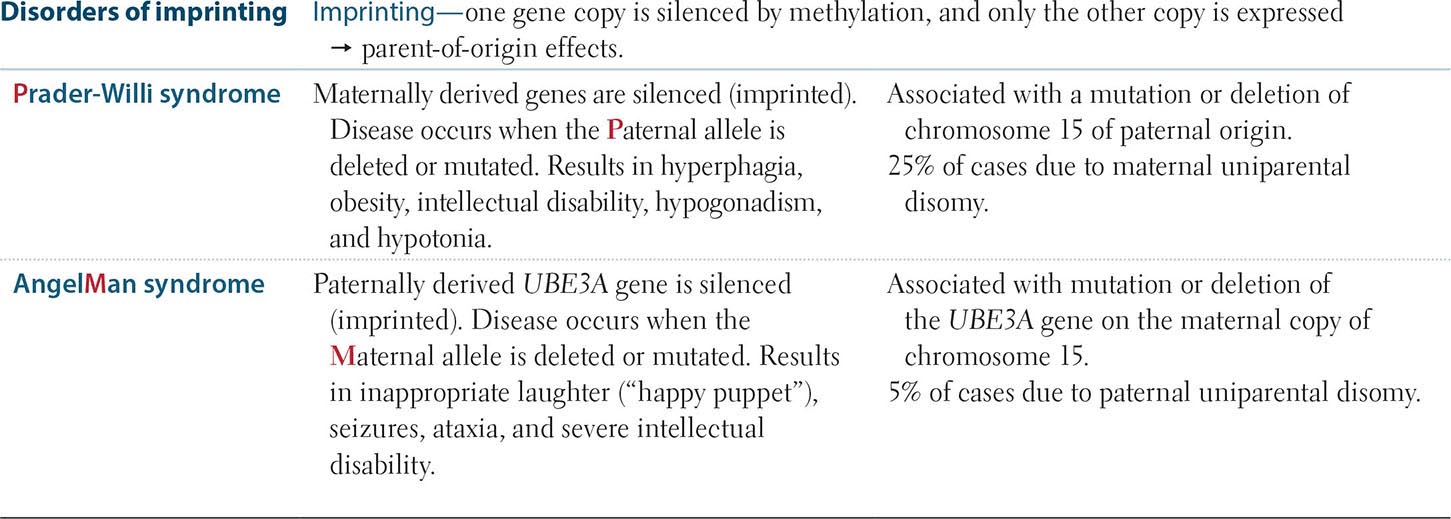HIGH-YIELD PRINCIPLES IN
Biochemistry
 Molecular
Molecular
 Cellular
Cellular
 Laboratory Techniques
Laboratory Techniques
 Genetics
Genetics
 Nutrition
Nutrition
 Metabolism
Metabolism
“Biochemistry is the study of carbon compounds that crawl.”
—Mike Adams
“We think we have found the basic mechanism by which life comes from life.”
—Francis H. C. Crick
“The biochemistry and biophysics are the notes required for life; they conspire, collectively, to generate the real unit of life, the organism.”
—Ursula Goodenough
This high-yield material includes molecular biology, genetics, cell biology, and principles of metabolism (especially vitamins, cofactors, minerals, and single-enzyme-deficiency diseases). When studying metabolic pathways, emphasize important regulatory steps and enzyme deficiencies that result in disease, as well as reactions targeted by pharmacologic interventions. For example, understanding the defect in Lesch-Nyhan syndrome and its clinical consequences is higher yield than memorizing every intermediate in the purine salvage pathway. Do not spend time on hard-core organic chemistry, mechanisms, or physical chemistry. Detailed chemical structures are infrequently tested; however, many structures have been included here to help students learn reactions and the important enzymes involved. Familiarity with the biochemical techniques that have medical relevance—such as ELISA, immunoelectrophoresis, Southern blotting, and PCR—is useful. Review the related biochemistry when studying pharmacology or genetic diseases as a way to reinforce and integrate the material.
 BIOCHEMISTRY—MOLECULAR
BIOCHEMISTRY—MOLECULAR












 BIOCHEMISTRY—CELLULAR
BIOCHEMISTRY—CELLULAR







 BIOCHEMISTRY—LABORATORY TECHNIQUES
BIOCHEMISTRY—LABORATORY TECHNIQUES





 BIOCHEMISTRY—GENETICS
BIOCHEMISTRY—GENETICS










 BIOCHEMISTRY—NUTRITION
BIOCHEMISTRY—NUTRITION








 BIOCHEMISTRY—METABOLISM
BIOCHEMISTRY—METABOLISM






















